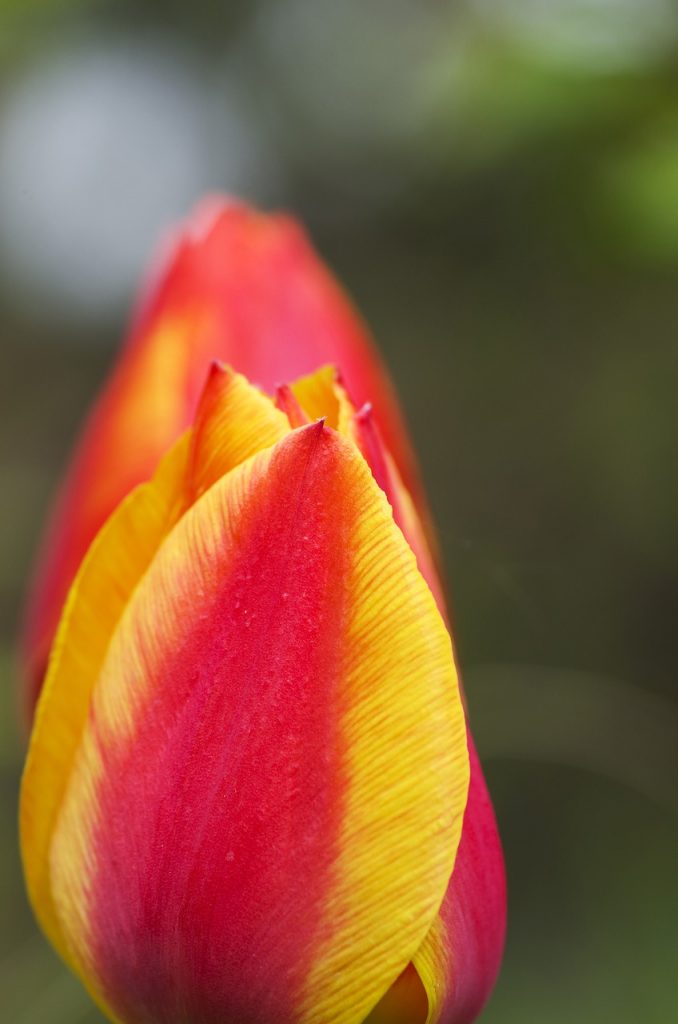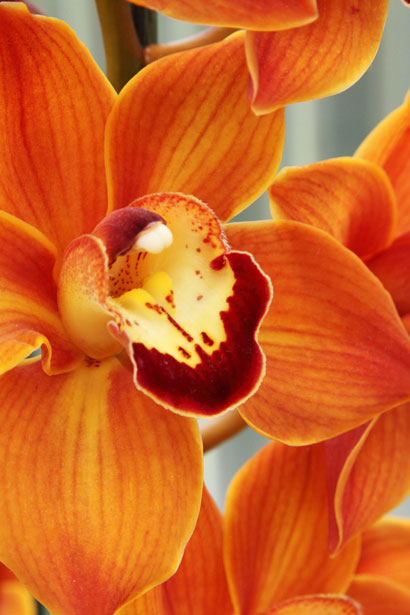Why I write, George Orwell

So much can and has been said about this phenomenal writer – George Orwell. Yet here, it is Orwell’s personal self-reflection upon his art, and on himself as a writer, which I wish to contemplate and discover. These less familiar and known aspects are inserting to us personally as artist, and in the general exploration of the creative process.
As a political writer, perhaps it is unexpected to contemplate on such a writer from a meditative art’s point of view. Yet, the search for the answer ‘What is Art, or Beauty?’ rises above the specific subject we choose to actually write about, or the primal passion that drives us to create.
Orwell writes to create change, and he has been very successful in his goal. He also writes as a personal search for truth and in hope to reveal an eternal human essence. A core that might be hard, frightening and even depressing to confront. Never `the less, his loyalty to beauty, keeps us dedicated to his work and this is the way he is able to keep our attention, and share with us his bitter discoveries of mankind.
In his text “Why I Write” (1946), Orwell explores in a sincere and simple way the reason why he writes. He shares with us, honestly, that which every artist can relate to. Orwell states that he writes to “expose the lie”, which is his particular motivation for writing. And yet he remains devoted to beauty throughout.
“To love the surface of the earth and to take pleasure in solid objects and scraps of useless information.” And as he searches for “truth” he remains aware of the very problem with “truthfulness”.
He expresses his challenging experiences, those which perhaps all artists can resonate with, allowing us to see the simplicity in the basic creative practice: ”I find that by the time you have perfected any style of writing you have outgrown it”.
His writings touches us in such a blunt way, and he honestly shares of the choices he has made in his writing path, which placed his integrity to truth above the goal to be a successful writer “I could not have done otherwise”.
“Every book is a failure”, he writes, as he tells us of his upcoming book, which we from today’s perspective know it will be his greatest one, the striking masterwork 1984.
In a clear attempt to describe himself and to prove he does not write to preach, that he is in no way above us with high humanitarian noble ideas, he claims: “all writers are vain, selfish and lazy, and at the bottom of their motives lies a mystery, writing a book is a horrible exhausting struggle like a long bout of some painful illness”. Reading these words, one does not know if to laugh or cry, in empathy.
He continues: “One would never undertake such a thing if one were not driven on by some devil whom one can neither resist nor understand”
George Owell writes because he loves his fellow humans. He creates in hope that his work will influence a change in others. His work is a cry for basic human sorrows, that what which he has personally experienced, as well as for the tragic inevitable human nature. He has the ability to boldly and yet simply portray this nature in all his work, particularly in the masterpiece “Animal Farm”. This genius text, written in a basic child-like language, brilliantly expresses profound human nature. The magic of the text is that it seems so eternally relevant, applicable and relatable. It leaves the reader at deep wonder and owe.
As meditative artist our goal is turned inwards, into our own nature. The change we wish to create is within. Yet it is inspiring to learn and contemplate upon great artists writing on their own journey and creative process, even when it is fundamentally different then our own.
All quotation from the text “Why I write”, Owell 1946










